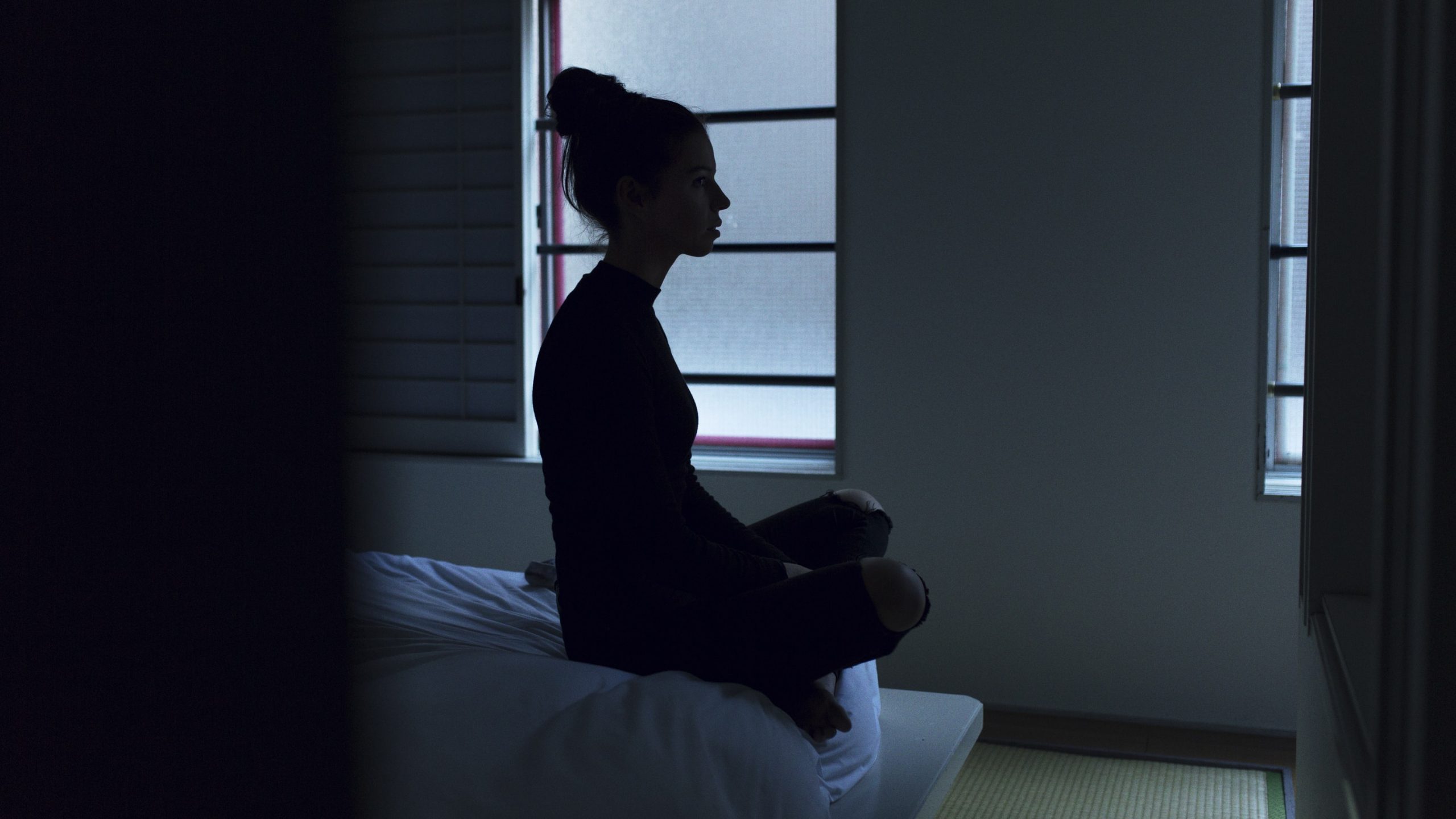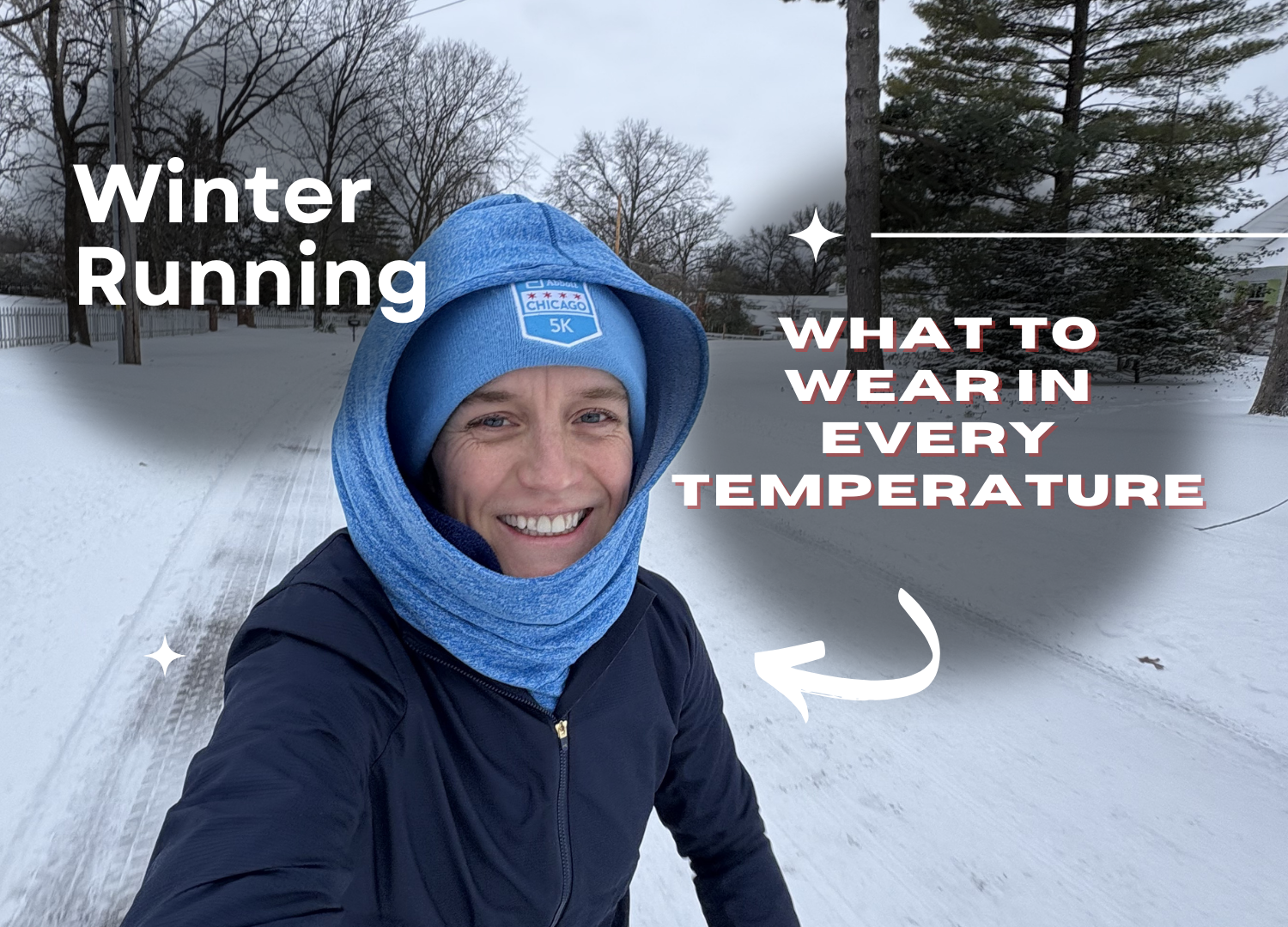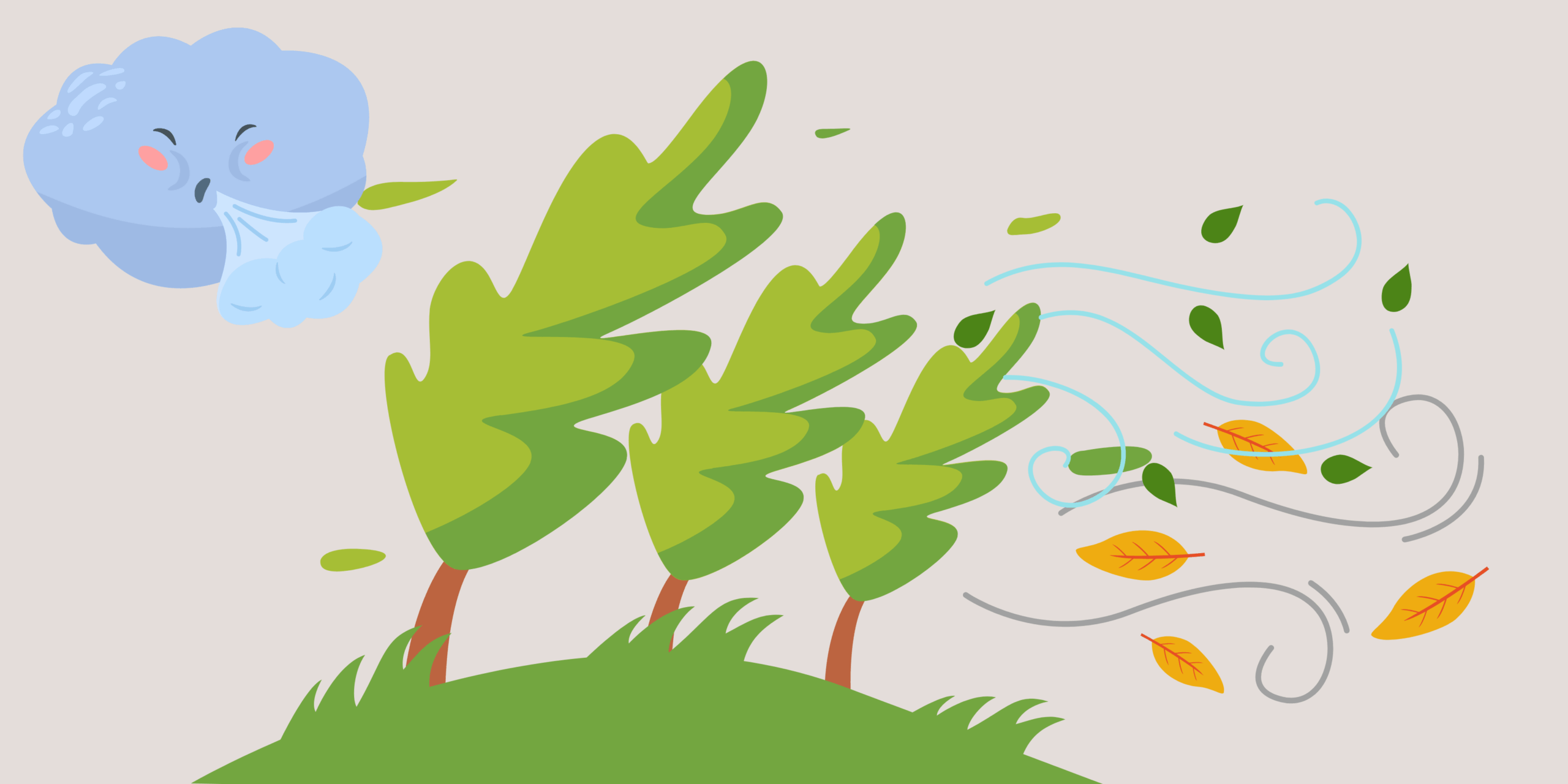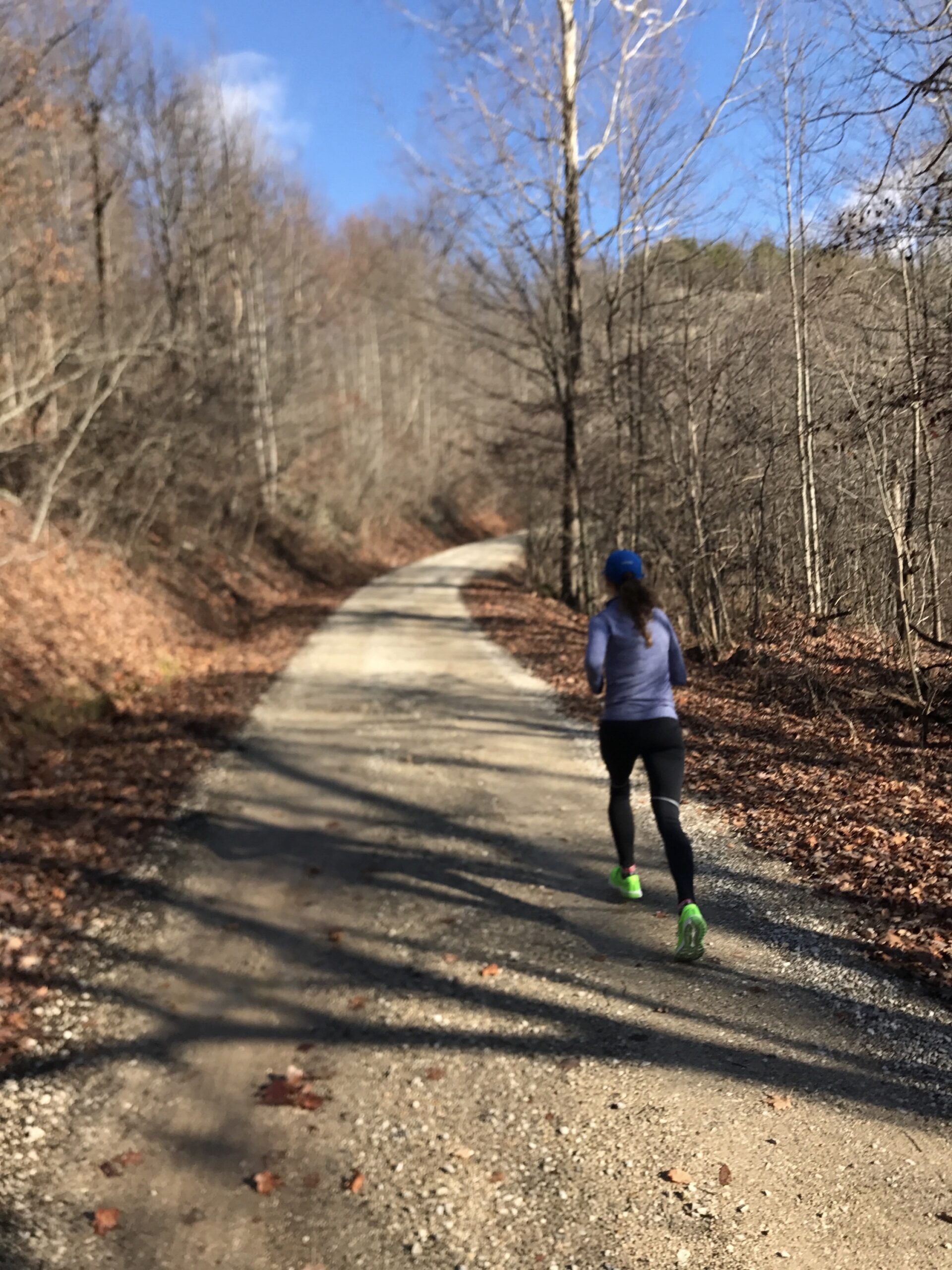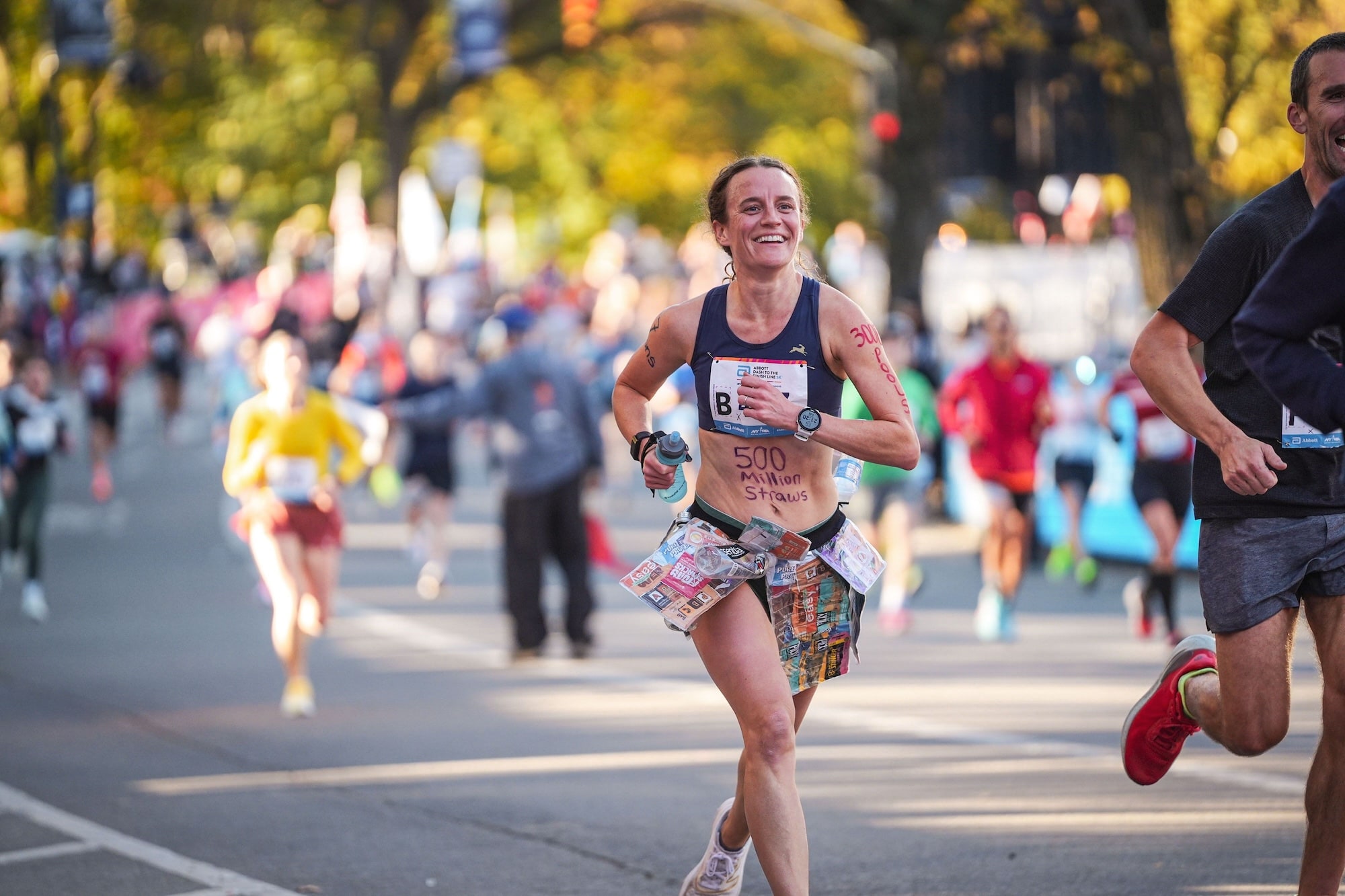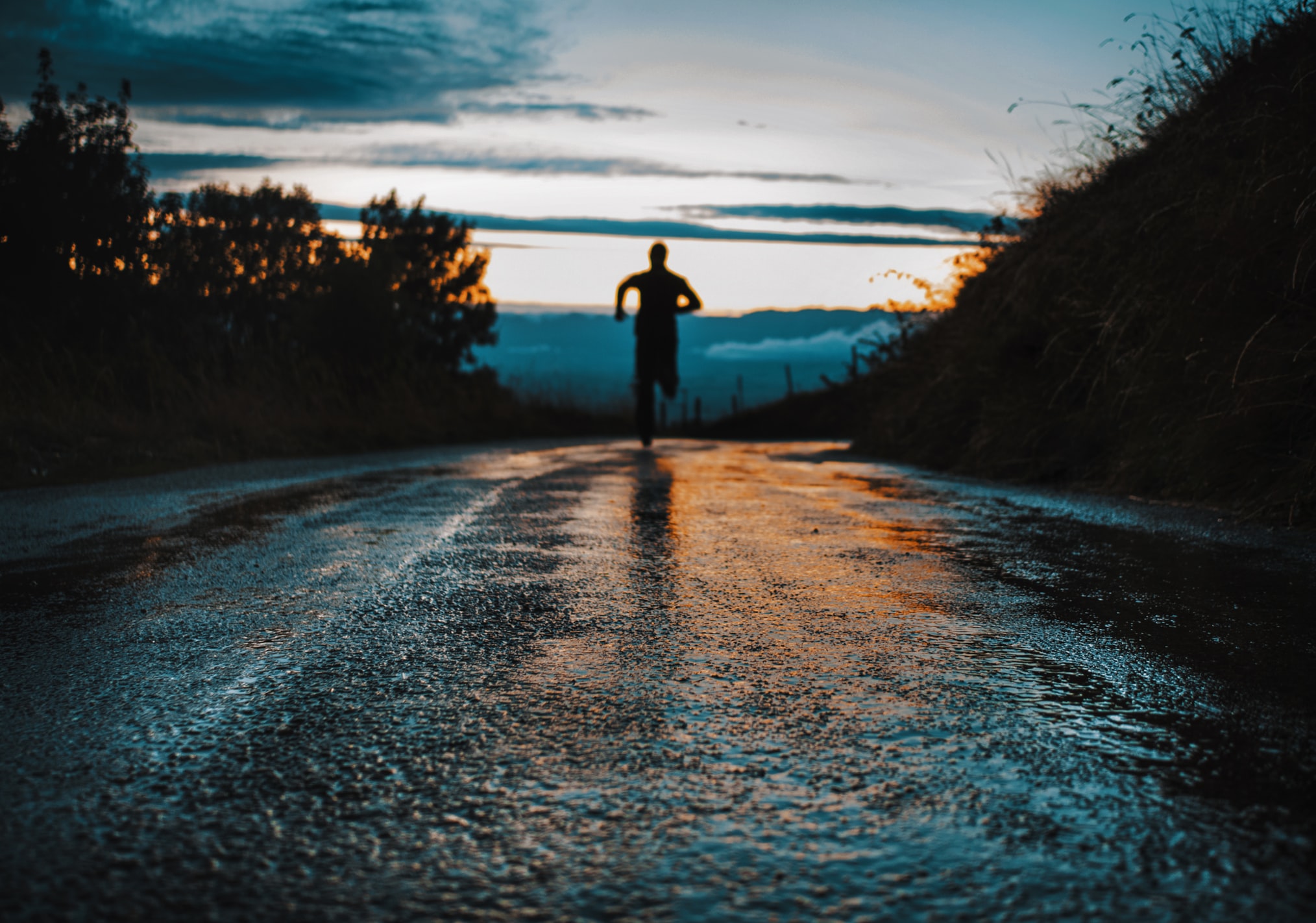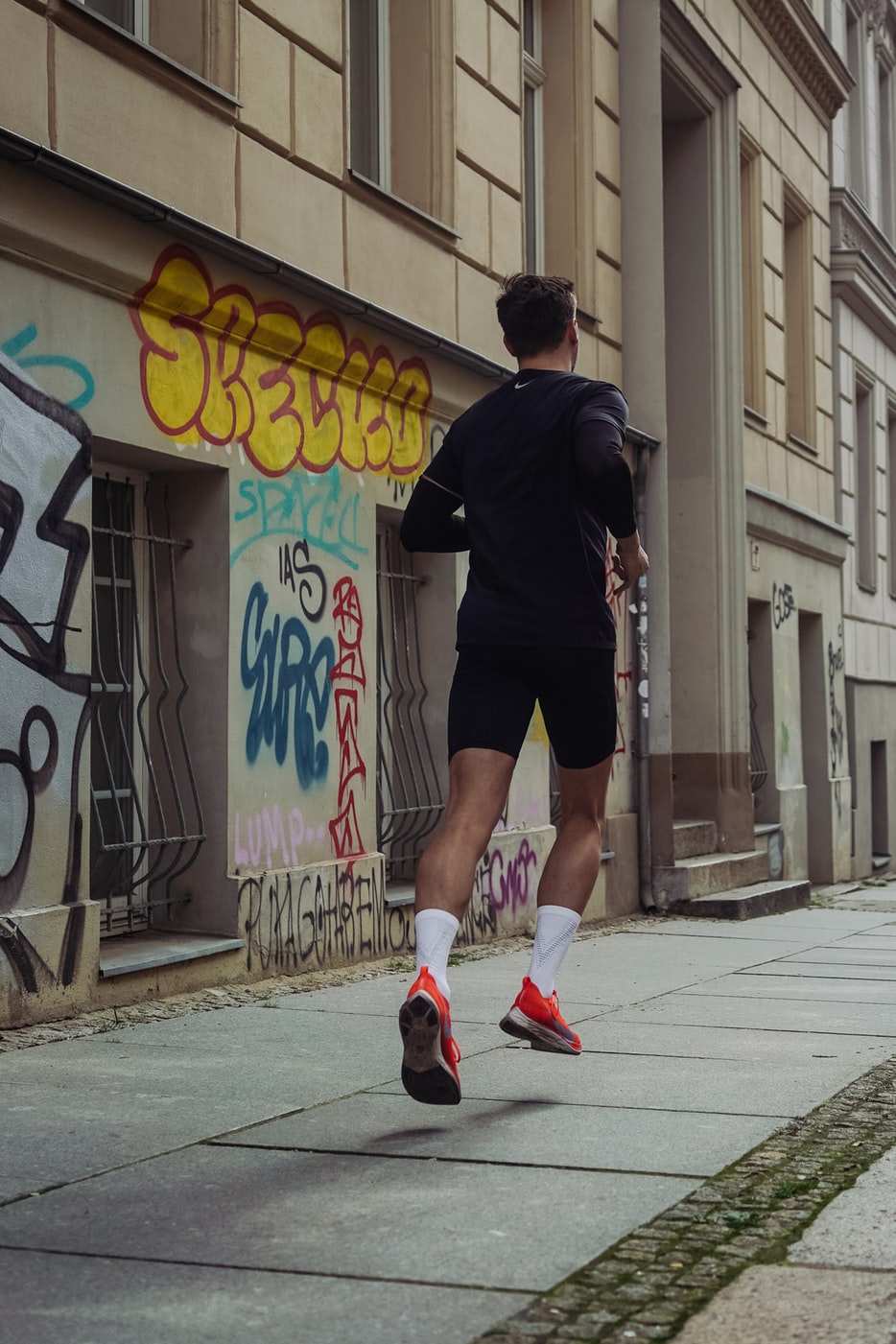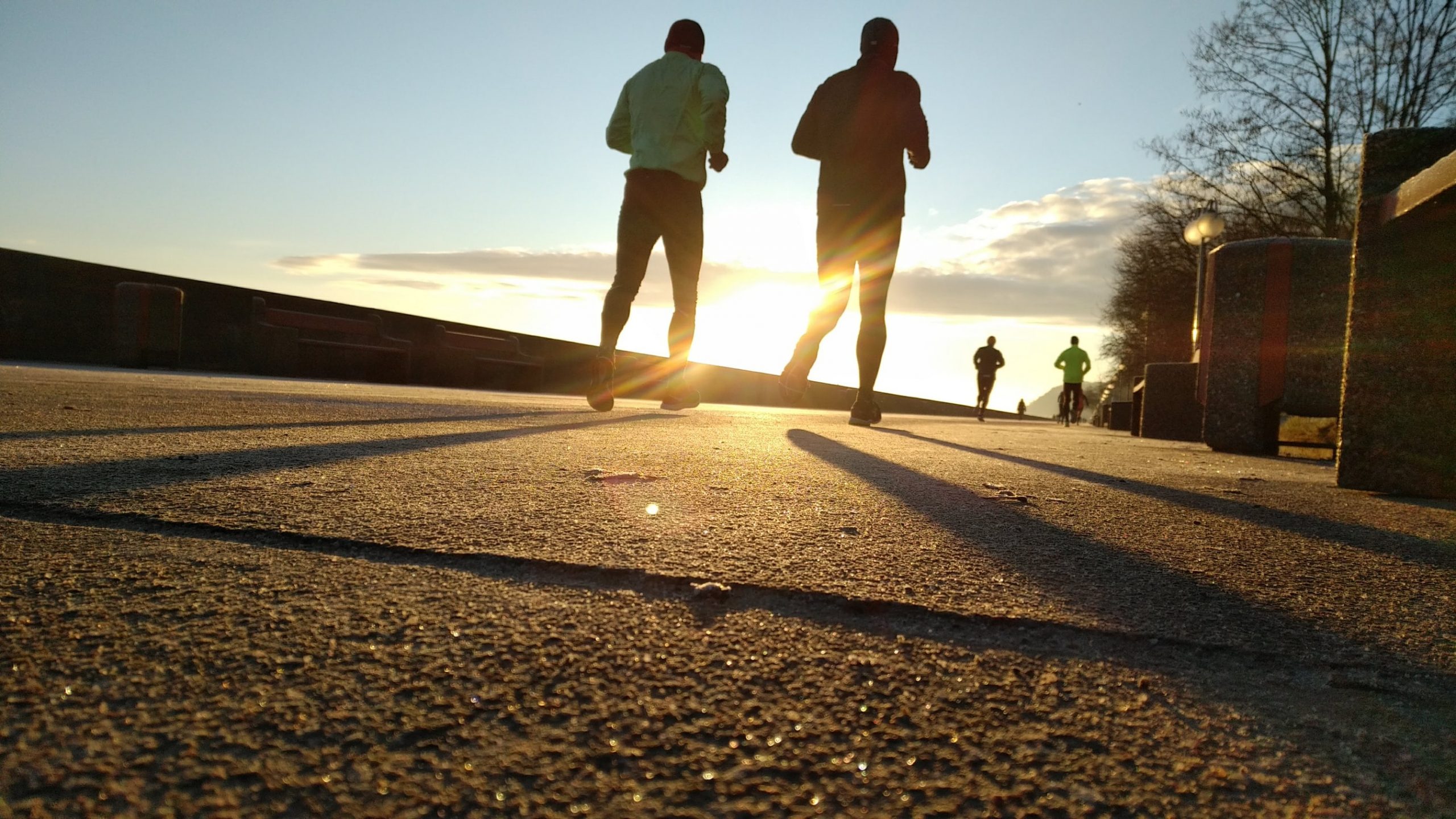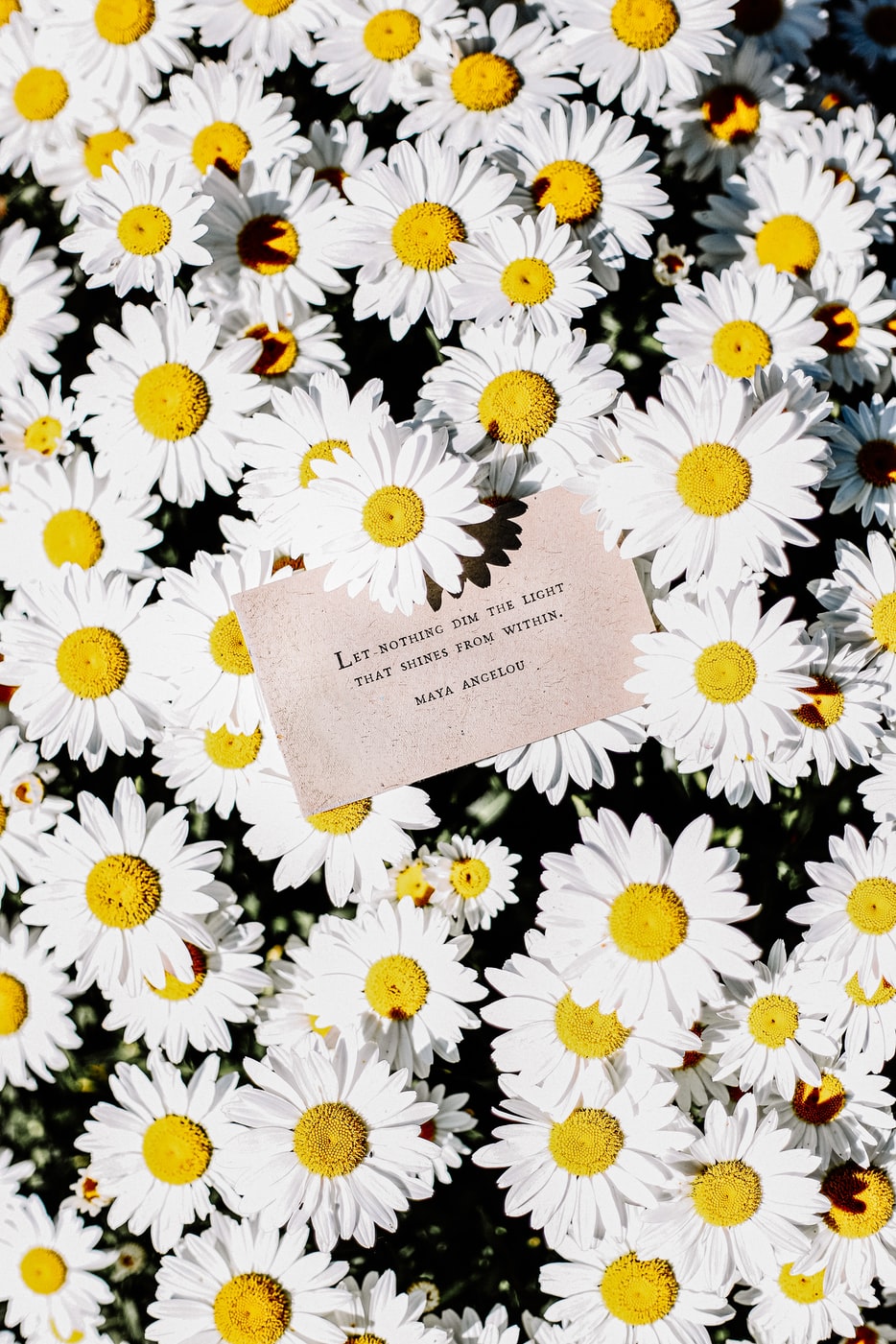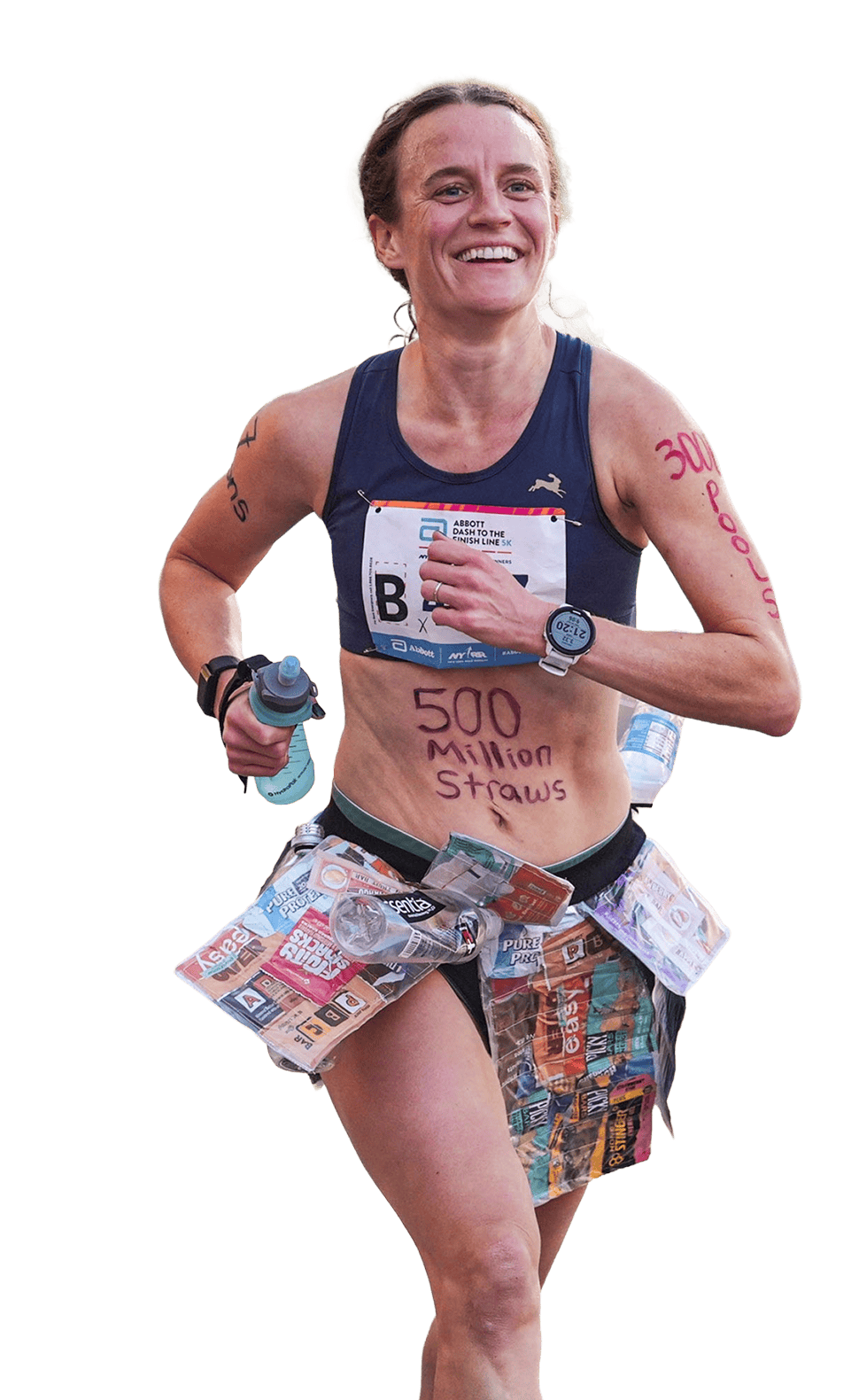There is a reason sleep deprivation is a form of torture.
It is crushing, and I struggled with it for many years. It definitely affected the quality of my life, and meant that I dreaded bedtime every night, knowing how bad it would be.
One bad night’s sleep from time to time is expected. You hear something right before bed that switches your brain on, and it’s as if you have had a shot of caffeine, the thoughts are unstoppable….no matter how many times you think about sheep jumping over fences or imagine clouds rolling by.
We all have those nights, but it is the relentless night after night, week after week trouble with sleeping that leads you down a dark path, especially when after a certain point, you become very aware that you are not getting the sleep recommended by the experts, that you are doing harm to your body. It makes most people go to bed earlier, but if you are already struggling to sleep, that puts even more pressure on, and it is even more frustrating when it doesn’t happen.
I feel for you, I really do. It is horrible, and can make you an emotional mess, or at least it did with me.
I remember days of running 24 mile long runs, feeling like my bones were exhausted, yet I would get into bed, and toss and turn for hours, frustrated by my body, and on the verge of tears, because I knew my body needed to recover. I would finally fall asleep sometime after midnight, only for my brain to ping on again around 4am. I would proceed to roll around the bed for 30 minutes, every minute feeling like 10, until I felt it was an acceptable time to get up. Or I would get so frustrated that I would launch myself out of bed, starting the day pissed off instead of refreshed.
Once you get into that no-sleeping cycle, it is so hard to break out.
I am going to try and give you all the things I learned during my years with insomnia. All the things that can help you to fall asleep.
However, unfortunately, in my case, and likely in yours, there is something bigger going on. Something that requires more than just following tips. I can assure you I tried almost everything there was during my decade-long battle with insomnia, but it was only once I addressed the real issue going on underneath, that it went away.
So by all means, try these tips, but if you start working through them and they don’t seem to be helping, take that as a huge warning sign that it is not about the sleep at all. Yes, it is manifesting as an inability to sleep, but there is an underlying cause that you are not addressing, and it is unlikely to change until you do so.
At the bottom, I will share what those things were for me, but for now, here are some things to try. I HOPE these work for you, because that means it should be a relatively easy fix. If not, keep reading, and we can see if anything resonates.
No caffeine after 12pm (watch for hidden sources)
I know, this seems a very extreme way to start the list, but it can make a big difference. We know that caffeine can affect our ability to sleep, but long after the effects on our physical body have worn off, the mental effects may still be going.
I have no science behind this, but for me, I made 12pm the cutoff, or if I was out to lunch with friends and a sweet tea sounded good, I would allow it to extend to 1pm or even 1:30pm (look out, party animal here!).
It is not just about the usual sources of coffee, tea, and energy drinks, but there is caffeine in other places that you may not think about that can wreak havoc, especially if you do have them in the evenings.
Things like chocolate (especially dark), green tea, and pop/soda can all have caffeine in them. Leave those foods to lunchtime, and at least then you know you are not going to be fighting your body in that way.
Writing before bed
When you get into bed, and things are suddenly quiet after a day of thinking constantly, that is when the thoughts creep out. What you need to get done the next day, what you forgot to do that day that you really need to add to your list, how much there is on your list. You know the drill.
And that doesn’t even include all the random worries that seem to take over your brain at the most inconvenient times. Irrational thinking will always come up from time to time as we try to sleep, but if you find you are regularly going through things in bed, it is time to get that out of your brain before you get there.
Some people find it helpful to write a to-do list before bed, all the things you need to get done or even things you need some time to think about the following day. That way you are not going through them once things settle in bed. That being said though, I found it helpful to not do this right before bed. If I did, it would be like my brain was still stuck scanning for other things, and then once again, I found myself frustrated and spiraling down a negative path. Try writing this list 1-2 hours before you would like to go to bed. That way, if you have to add anything else, you can, but your brain can get the majority out first.
If a list isn’t helping, or doesn’t sound good, how about using a gratitude journal before bed. To put you in a positive mindset of the good things you have going for you in your life. It will allow you to reflect on your day, which once again, allows that to happen BEFORE you go to bed, rather than when you get in bed. That quiet time before bed can do wonders.
If you have never used a gratitude journal before, let me help you
Journaling is also another way to do this. Writing down exactly how the day went, what you are worrying/wondering about, and how you are feeling. It can be good to get that out of your mind, and will give you time to process your experiences of the day. This can be especially helpful on very stimulating days (hello, race days!).
If you have never journaled before, I can help you with that too. Pop your email in below, and I will send you a guide.
No TV 30 mins before, no screens 2 hours prior
This one seems like a lot, especially if you use TV as your one time in the day you actually sit still and relax, but finding something without technology to do, as well as removing the blue light, will only help.
Screens should be away from you for two hours. Yes, most phones now have the dim mode, but the problem is, social media still gets us thinking, even if we are not aware of it. We have a tendency of looking at others lives, and using it to remind us of things we need to do or should be doing.
Oh, I need to remember to wish Sally a happy birthday tomorrow.
I wanted to go for a run in the trails, but it didn’t happen; I wonder when I can find time to do that?
Ah, how does she fit it all in? She gets up at 5am; I need to start doing that
Even if we aren’t aware of it, social media tacks on to-do lists onto our brains, which continues that cycle of stressing about things we are failing at or not doing when we get into bed. Even if you are just reading articles, there is a higher chance you will see something that will trigger a paranoia or worry in you.
So put them out of reach (because within reach, it is all too tempting!) across the room, and leave them that way until morning. I actually put mine away at 8pm (when it switches to do not disturb mode), and then do not allow myself to look until I have finished my gratitude journal in the morning. If you want to try that method too, I have a box up above for you to enter your email, and I will send you a guide for how to use a gratitude journal.
Use dim lights only 1 hour before
Along the same vein as the TV, dimmer lights in your living space (and yes, bathroom too), help to bring your body slowly down to a more tired place. If you have bright lights, of course it is going to trick your body into thinking it is still daytime. Lamps are good for this time of the evening, especially as most of them are not overhead and glaring, but more of a soft light.
Blue light blocking glasses
Now, I have a pair of these, and if you want to give them a try, by all means go ahead, but the temptation with these is that you will go on with your regular phone and TV habits…which as I mentioned above, are actually the problem, not so much the light itself. Yes, blue light does have a physical effect on us, but as I said, what we are doing with the phone is what is actually stimulating our brains to be unable to shut off.
If you want to use these for reading on an electronic reader, by all means, go ahead, but think carefully before you get them if you will be tempted to check your phone.
Reading
Leading on from the previous few, this has been the best way to calm my mind before bed, and it is something I still do to this day. During my bouts of insomnia, it would take quite a lot of reading, almost to the boredom level before I felt sleepy, but now, I often find a few pages is enough.
For me, the gauge is when I am starting to fall asleep reading, then I know I am ready. The trick is though, not to say to yourself, Okay, I am ready now, I will be asleep in x minutes. Once you start doing that, you are in dangerous territory.
Find a book that is interesting to you, but again, not going to get your brain thinking. I have been trying to read a few books lately on women’s rights and women’s empowerment, but I have to concentrate so hard to understand what they are saying, that it doesn’t make things better.
Light and easy reading is best here….even if it takes you 3 months to read a book 3 pages at a time!
Keep the clock away
I know this is horrible, and not looking at the clock while in bed is like not looking at your watch during a run. You can’t help yourself, and if you don’t know, you feel panicked. But for me, I found that looking at a clock only added pressure. It means you start the calculation of how much sleep you will get if you fall asleep at x:xx time. It really is best to just remove the clock from the room, or at least from your sight. Have an alarm if you need it for the morning, but try to stay away from being able to look in the night.
Snack before bed
This one is especially important to runners, and I think one that is often overlooked. I know I certainly ignored it.
When you are running a lot, especially during marathon training, the distance between dinner and breakfast is too long, and your body is still burning calories long after you finish your runs. A snack of cereal and milk or a slice of toast before bed can go a long way to helping you sleep better.
If you are worried about gaining weight, I strongly suggest you take a listen to this podcast with Dr Gaudiani to rethink the way you view food, and this episode with Renee McGregor will also be good for you. It doesn’t have to be a huge amount, but hunger is definitely going to affect your sleep. If you know deep down you are a little hungry, but choose to ignore it…you are setting yourself up for a bad night’s sleep.
Hydrate earlier in day
I know when I was in my worst bouts, I would find myself frustrated over the amount of times I needed to go to the bathroom while I was trying to sleep. Once I started thinking about needing to pee, I festered over that thought until I went…even if I just let a few drops out.
Limiting your drinking in the few hours before bed can help. We should be getting most of our hydration in early anyway, but I found I was still really thirsty in the evenings and would drink a lot around dinner and after. If sleep is something you struggle with, make a concerted effort to drink more earlier to avoid adding that stress to your nighttime.
Go to sleep when tired
This one sucks. I know it does, especially if you know you have to get up early (or you know you will wake early), because you start thinking about how little time you will have to sleep, especially if you give yourself a window to fall asleep.
The amount of times I would say to myself, Okay, you have to get to bed now, because let’s say you are asleep by 10:30pm, that still only gives you 6 hours, that’s not enough. Hurry! Hurry to bed!
And of course, I often did not fall asleep by my “deadline,” making it even more frustrating.
If you stay in a dimly lit room, reading or writing quietly by yourself, you will eventually get tired, and that is the best chance you have. It still requires you not putting pressure on, and doing everything you can to let go of any expectations of how long it will take. The most dangerous thought for someone struggling to sleep is, Okay, I can feel myself falling asleep, any minute now. Once you start thinking that way…..you will pull yourself right out of that pre-sleep zone.
Ignore the clock, go to sleep when you feel tired, even if you get in from an evening out at 11:45pm. If you have to sit up for 45 minutes, do it; that is better than letting yourself spiral in bed.
Brush teeth 30 mins before
I mentioned about the lights earlier, and bathrooms often have bright lights, so we can, you know, see our faces! But they are not ideal for pre-bed. I find brushing my teeth 30 minutes before bed (after a snack!), means I am not disrupting that hazy phase you will be in right before bed. Floss, brush, mouthwash and whatever else you do before you sleep early, so when you do feel tired, you can just walk into the bedroom and get into bed.
–
Alright, so let’s talk about a few things for in bed.
As I have mentioned, it is so important to keep the pressure off. I know it is hard, especially when you have been dealing with sleep disruption for a while, but you have to remind yourself, as my sleep therapist once told me, what is the worst that could happen if you get less sleep tonight? Will you be okay to survive the day tomorrow? In most cases, yes, it will be tiring and not feel great, but you will be okay.
Use your bed only for sleep and sex
You have probably heard this one, but if you struggle with sleep, this is especially important. We often find ourselves bringing other things into our bedrooms: paperwork, things you need to do, and especially, our phone. But keep them out. Do not work in your bed, do not look at your phone in your bed, do not do anything else. It really does make a difference. You want that room to be saved for the two activities and that is it.
The phone one is especially important, but is the one we ignore the most….hopefully though, you have already put it away when you followed my advice in an earlier point 🙂
Focusing on breath and relaxing body one muscle at a time
We have heard the sheep counting and backwards number counting, which can sometimes work, but for me never did. Nor did imagining I was wiping my brain slate clean or seeing clouds roll by.
Focusing on breath though, and doing this relaxing technique was helpful, at least in the calming sense, even if it didn’t knock me all the way into a deep slumber.
If you have not tried progressive muscle relaxation, you can read more about it here.
Use a weighted blanket
I have no idea if this is related to sleeping better, but for me, it really has helped a lot, especially as someone with restless legs. My restless legs would often drive me crazy during my struggles to fall asleep, and a weighted blanket has been the only thing that helped.
It is what is sounds like, a blanket that weighs 10-25lbs across the entire thing, and it kind of pins you to the bed. For me I found it very comforting, especially as little gaps in comforters or blankets where the air was coming in would really irritate me. I liked the feeling of it wrapping around me.
Get out of bed
I know you don’t want to do this, and I hated doing it, but if you are lying there more than 20 minutes rolling around, GET OUT OF BED! I know it seems counterintuitive, like you would have to start all over again, but you are just getting yourself worked up by lying there. Instead you could be calming yourself in another room, and can either try again, or find another place to sleep.
When we put so much pressure on our bed, when it becomes a source of frustration for us, we can associate our bed with stress….even if you are not going to bed. For me, the mere thought of getting to bed brought a knot to my stomach.
The only way you can remove that association is to separate yourself and the bed when it is not working.
Sometimes I would get out of bed, lie on the couch in the dark, intending to just rest, and fall asleep. It wasn’t the most comfortable night ever, but sleeping in a less-than-ideal position was better than not sleeping at all. Other times I would get up and read in a dim room, get myself a snack, or do something about what I was worrying about (writing an action plan for what you can do about what is bothering you is a good idea.)
Maybe you get back into bed a little while later, or maybe you sleep somewhere else that night.
Either way, I know 20 minutes doesn’t seem like much time, but the longer you stay in there, the less sleep you will end up getting.
Keep paper and pen by bed
This may seem the same as writing before bed, but this one is for while you are sleeping or trying to sleep, but you keep thinking about things to do or something you need to address.
Don’t turn the light on, just pick up the pen and paper and write whatever it is. Be it some things you need to remember to pack in the morning or something you need to do.
Even if you can’t read it in the morning, and the ink didnt even show up, getting it out of your brain can go a long way. Your mind can be at peace because it has told someone that secret. Even if it didn’t show up, you can often read the imprint anyway or remember what it was.
Nap
If you are having trouble sleeping often, taking naps is going to be good for you. I know there is the old thinking that if you nap, you won’t sleep later that night, and I often took that approach. I would rather be even more tired so I would fall asleep exhausted, but actually, it does not work that way.
I realize not everyone has the ability to take a nap during the day, so that may not be a possibility for you, but even 20 minutes in your car during a lunch break can have a powerful effect. Even 10 minutes of just resting with your eyes closed. You don’t have to drift off, but a 20 minute power nap can work wonders. I would not recommend sleeping for more than 90 minutes, even if you have the time, then you are going to start disrupting your night-time sleep.
Go see a sleep therapist
Now we get to the extreme.
I went to see a sleep therapist in the past, and it was helpful. I also did sleep restriction training, which was horrible, but I have to say, effective. I know it is expensive, probably another expense you do not want in your life (I didn’t!), but it really can have a massive impact on your entire life, so it is worth the investment.
Ask friends if they know of anyone in your area, but if not, ask Dr. Google. You may only require a few sessions, but it can make your quality of life ten times better if you figure out what is going on.
–
Okay, so we have covered all the tips. Give those a try and see which ones help you.
But if you have tried all of the above, or have tried some of the above and more, yet nothing seems to be working, I am afraid I have to tell you that it is not really about the sleep at all. There is some underlying issue that is causing you to feel this way.
For me, looking back now, I can tell it was closely related to my eating disorder. To the fact I was going to bed hungry and my body was screaming at me for calories. That is why I couldn’t fall asleep and why my brain pinged on at 4am.
But it was also about this pressure I had on myself to do more, to be better. I could never really switch off, and I felt there was too much I had to do, often things that really were not that important, but I felt I HAD to be the best at.
if you find insomnia is there for you, the best advice I can give you is to go speak to a professional. Talk to a psychologist, a therapist, a counselor, someone you feel good about talking to. It really will make a massive difference in your entire life, and I promise you, if you address whatever is going on inside, you will find yourself able to sleep better and happier.
I know it is scary, but if you do the work and be brave when you look into yourself and your life, it will be worth it, ten times over. It won’t just allow you to sleep, but it will allow you to enjoy every part of your life more.
You deserve better than this. I know it, your loved ones know it, now you just have to believe it.

